Buying a home always comes with a good deal of questions, but if you’re new to buying it comes with even more. Homeowners insurance is one of those many questions. As competitive as insurance is across the board, most coverage premiums will be similar in value but may cover slightly different things.
Fortunately, we’ve put together a list of what exactly is covered by your homeowners insurance so you’re not in the dark when you start shopping for both your home and the insurance to go with it.
Different Solutions for Different Homes
Insurance isn’t exactly a “one size fits all” deal. As a matter of fact, there are special considerations for certain types of homes and certain areas; however, by and large, most homeowners insurance policies cover the same basics. Just be aware that if you’re in certain areas at higher risk than others for natural disasters, floods, or the like, then there may be separate coverages required to meet those needs.
Dwelling and Structures
For the most part, virtually any homeowners insurance policy will cover your dwelling (your home itself) and any structures (detached garages, storage sheds, etc) on your property. This is the basic coverage area of any homeowners insurance policy.
Depending on where you live, how much your house costs, and how much it will cost to rebuild the house in the event of a total loss will depend on how much value there is in your dwelling. The important thing to remember is that the amount covered in this area of your policy may drastically exceed the purchase price of the home as insurance companies estimate the cost to completely rebuild with new materials and current labor costs.
Personal Property
Personal property (the items inside your home) are also covered under your homeowners insurance. Everything from electronics to appliances and personal possessions fit the bill but it’s important that you have an idea of what the replacement value of those items are.
In most instances, your insurance agent will be happy to help you in the event of a claim, but in a situation where a major catastrophe such as a fire or natural disaster destroys portions of your home and possessions, it’s a good idea to have a list of the more valuable documents. Keep a digital, cloud-based record of the most valuable personal property you own with models and serial numbers if applicable.
Liability
Sometimes, things happen that you have absolutely no control of, to someone else on your property. This is exactly why insurance companies build liability insurance into your policy. In the unfortunate event that someone is injured on your property, whether a tradesman, passerby, or even a friend, there’s a special bit of coverage for that.
Liability insurance simply protects you as the homeowner from being wholly liable for someone else’s injuries whether they’re accidental or negligent by either party. It’s designed to keep you safe in case something fluke happens on your property that you can’t or couldn’t control otherwise.
Deductibles
In most cases, the deductible on your home for any insurance claim is around 1% of the value of the home. In other words, if your home is valued at $100,000, your deductible would be $1,000. Not all deductibles are the same, but the industry rule of thumb goes by those standards.
What’s important to know about insurance and buying a home is that your lender will likely require you to have comprehensive coverage. If you’re unsure what you need to meet your mortgage requirements, then contact Tidewater Mortgage Services, Inc. Our helpful loan experts have the experience and knowledge to help you navigate even the most critical parts of your home buying venture!


